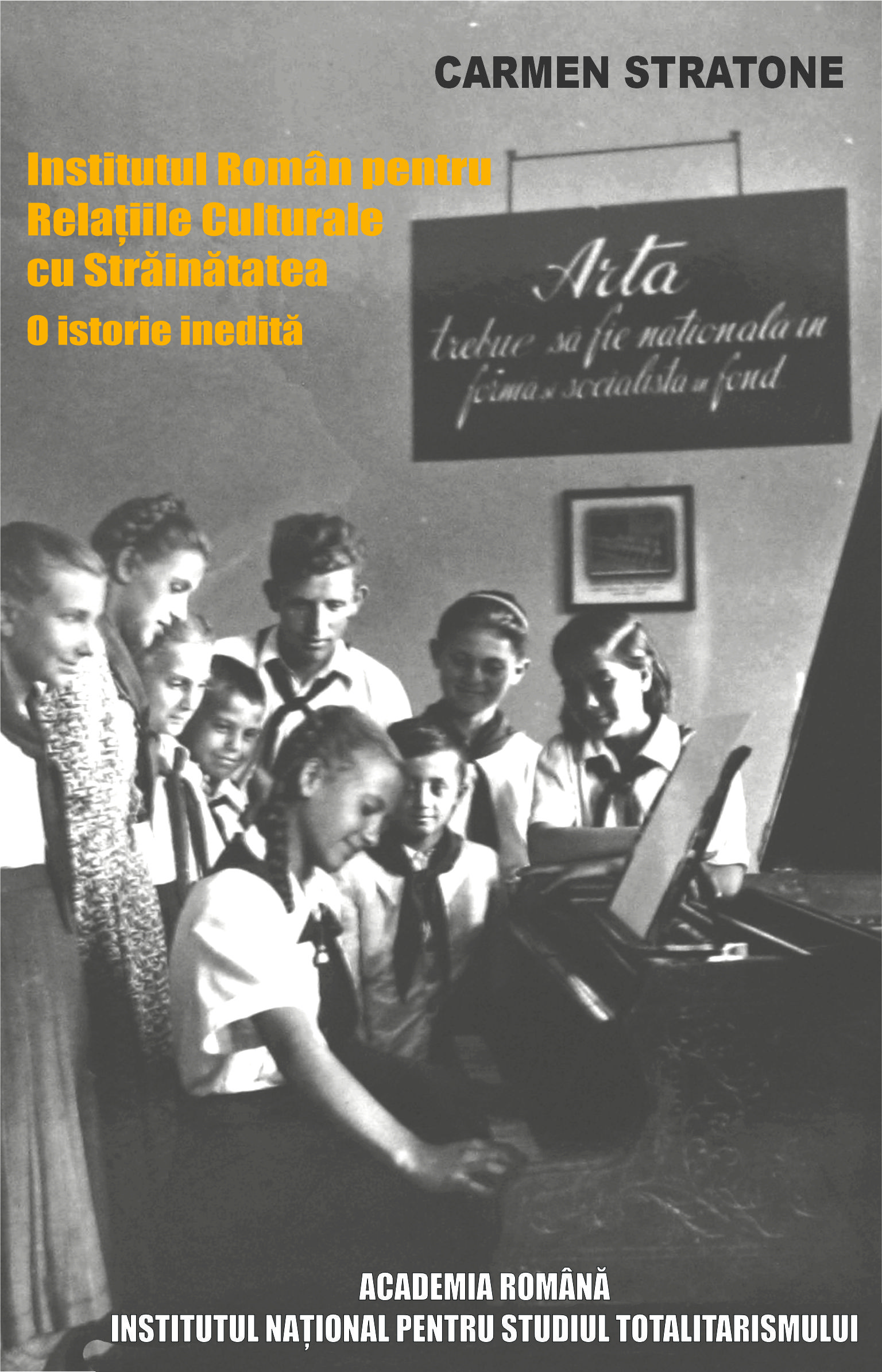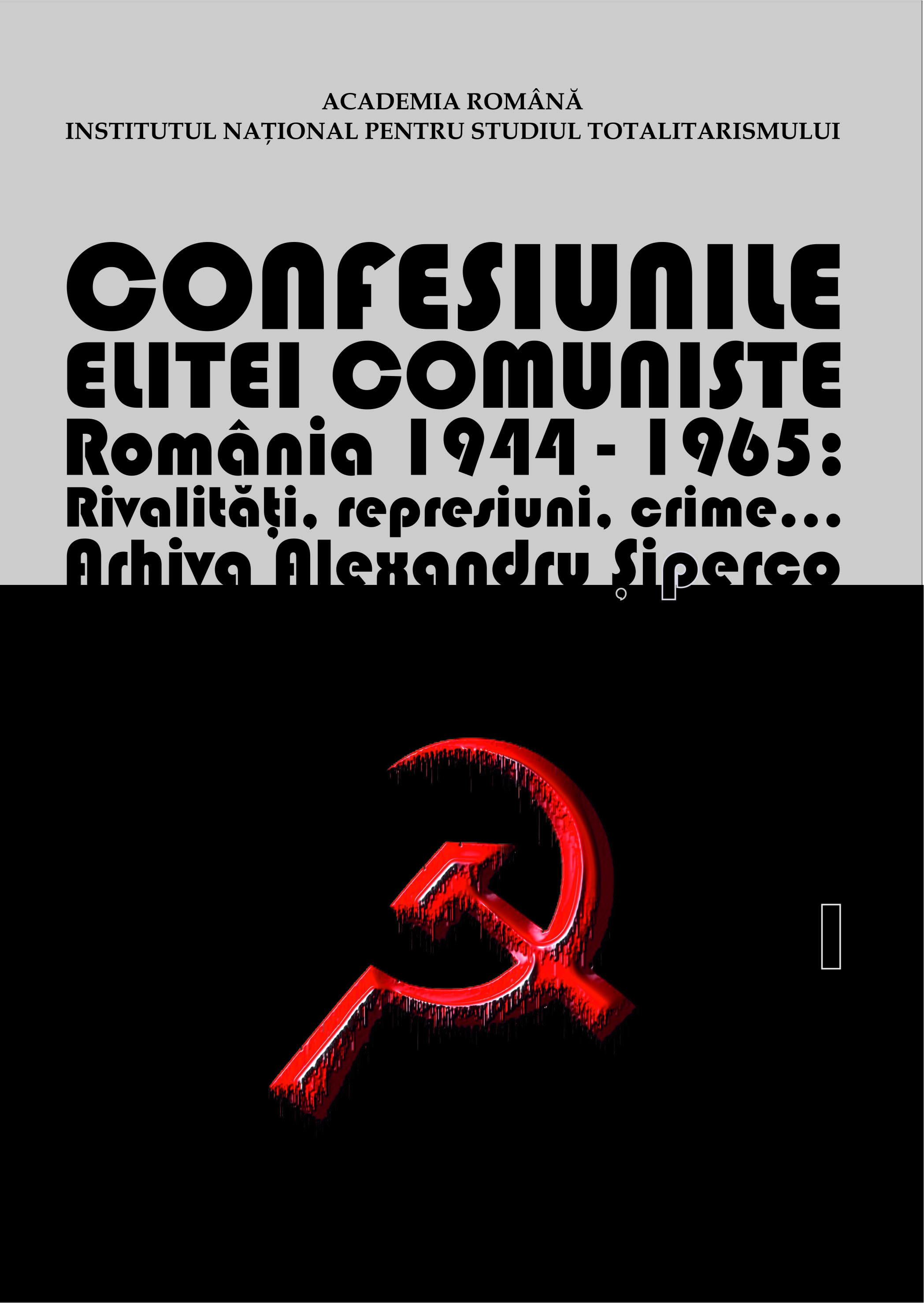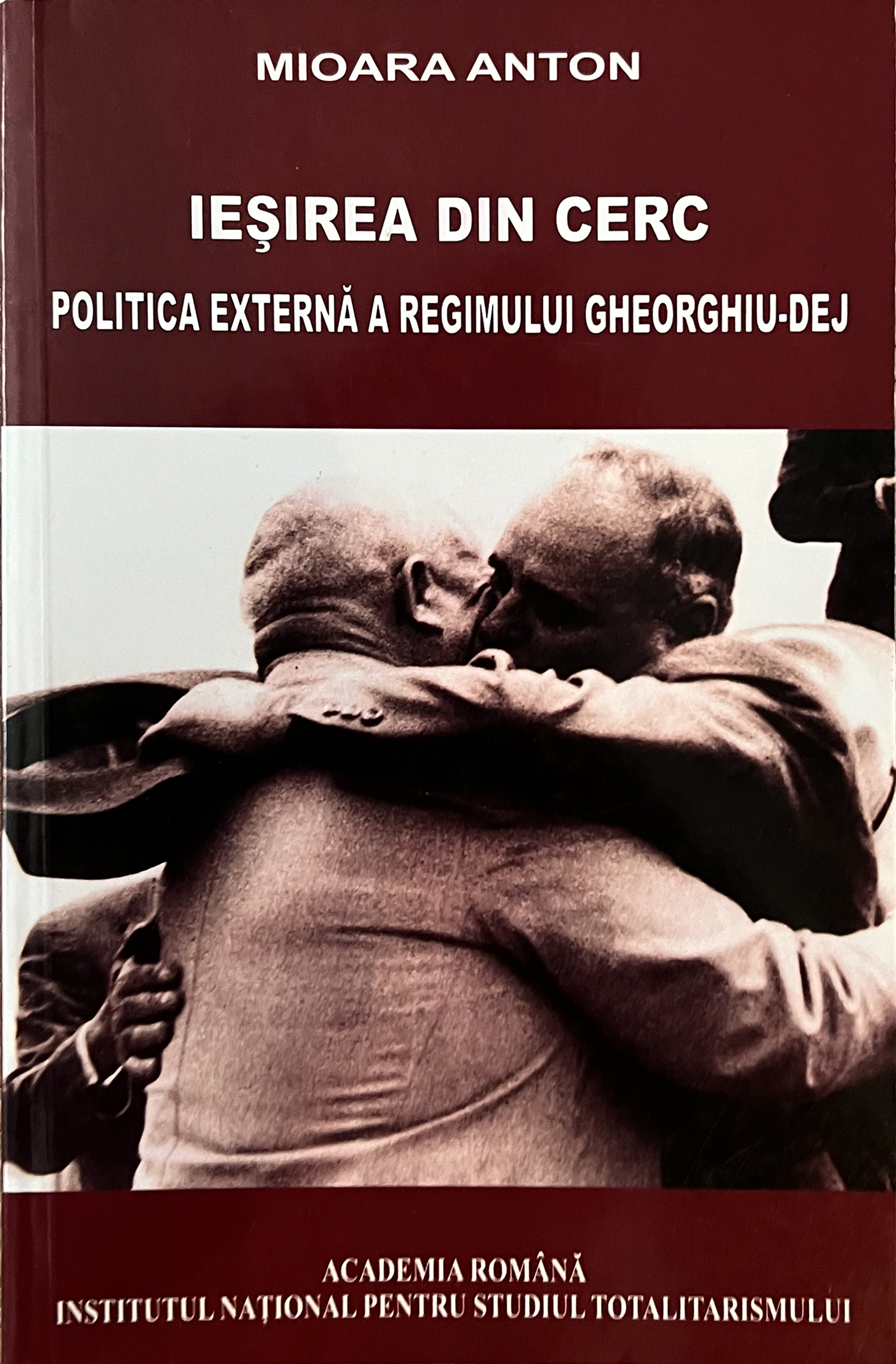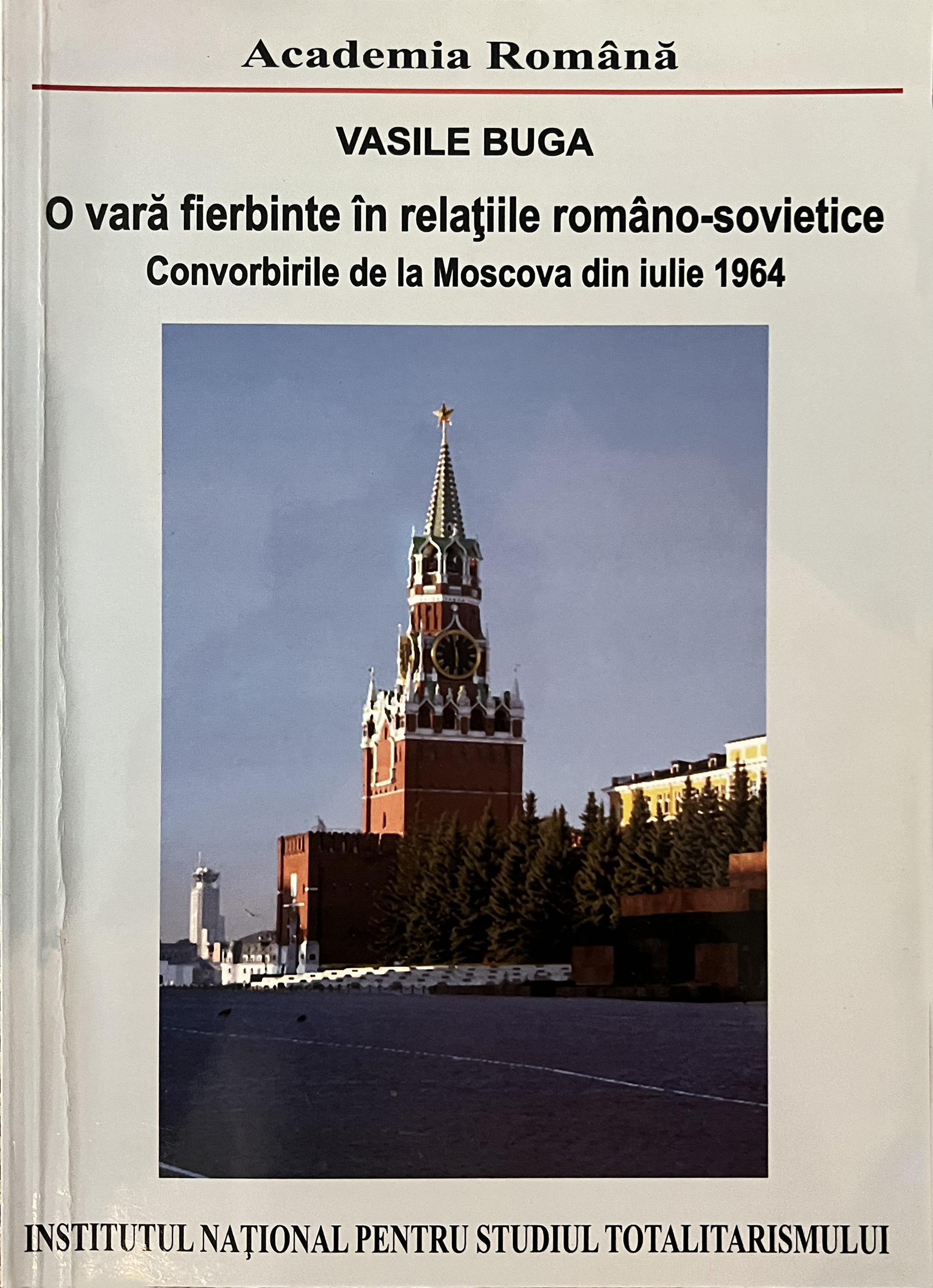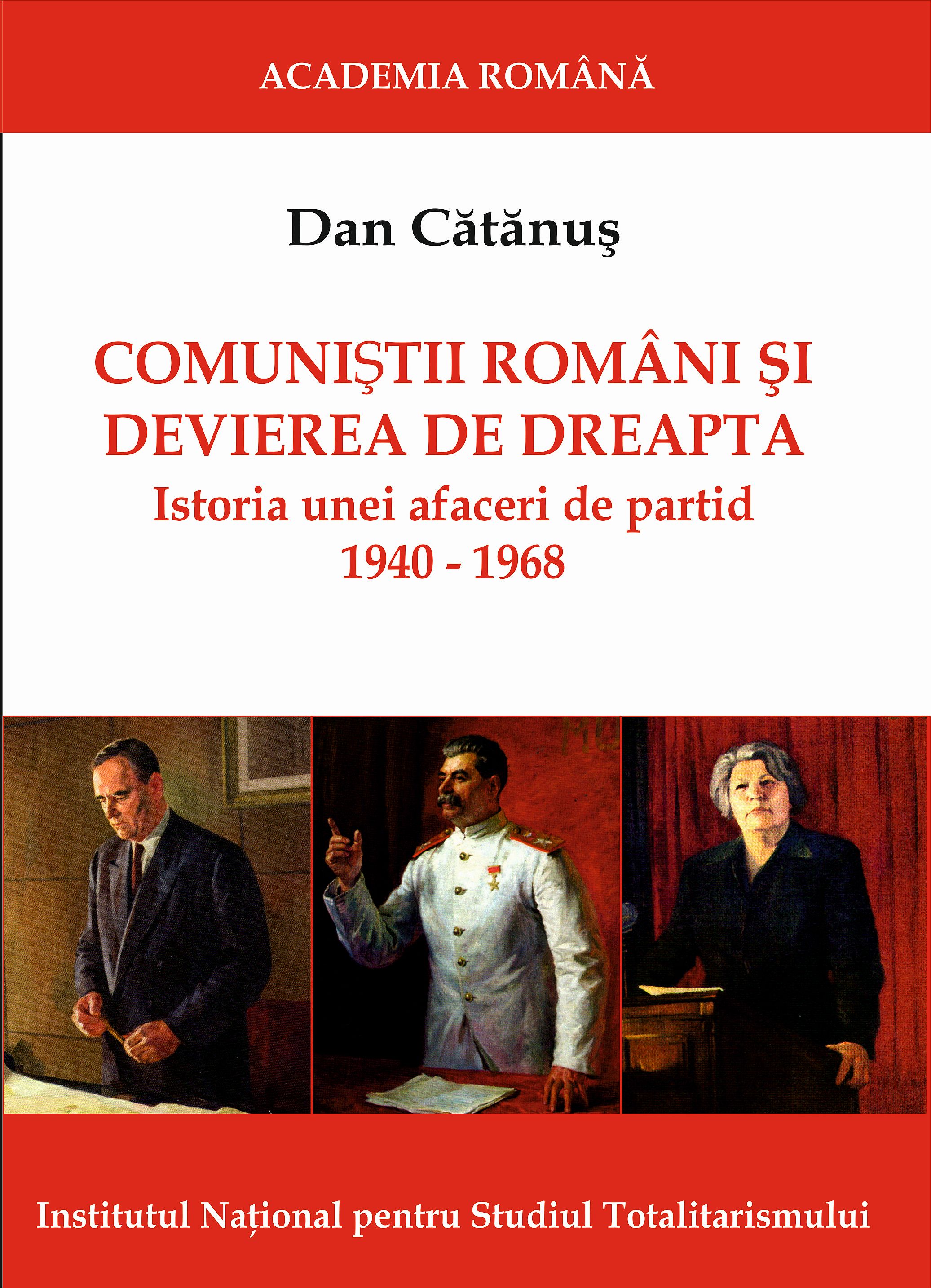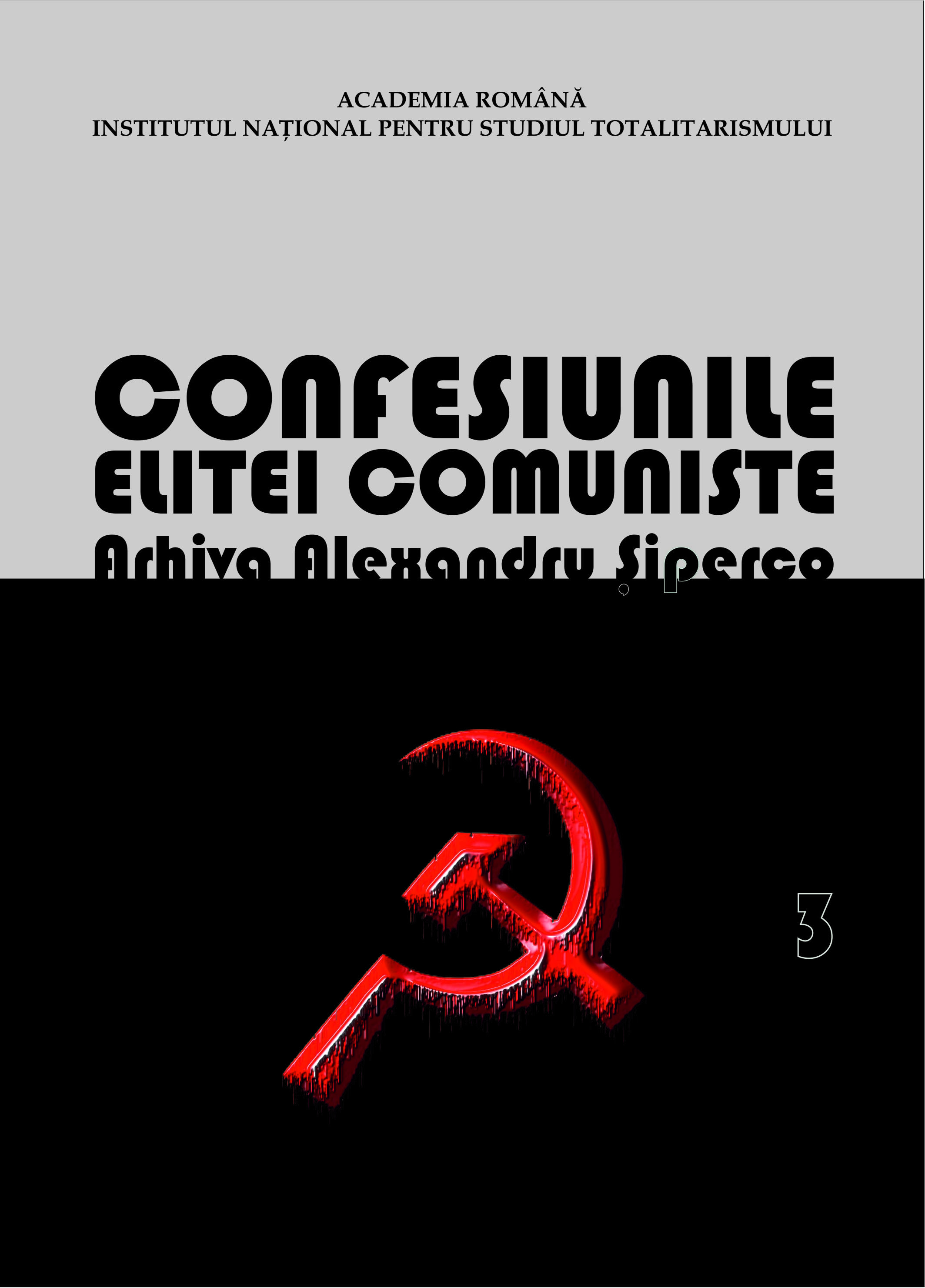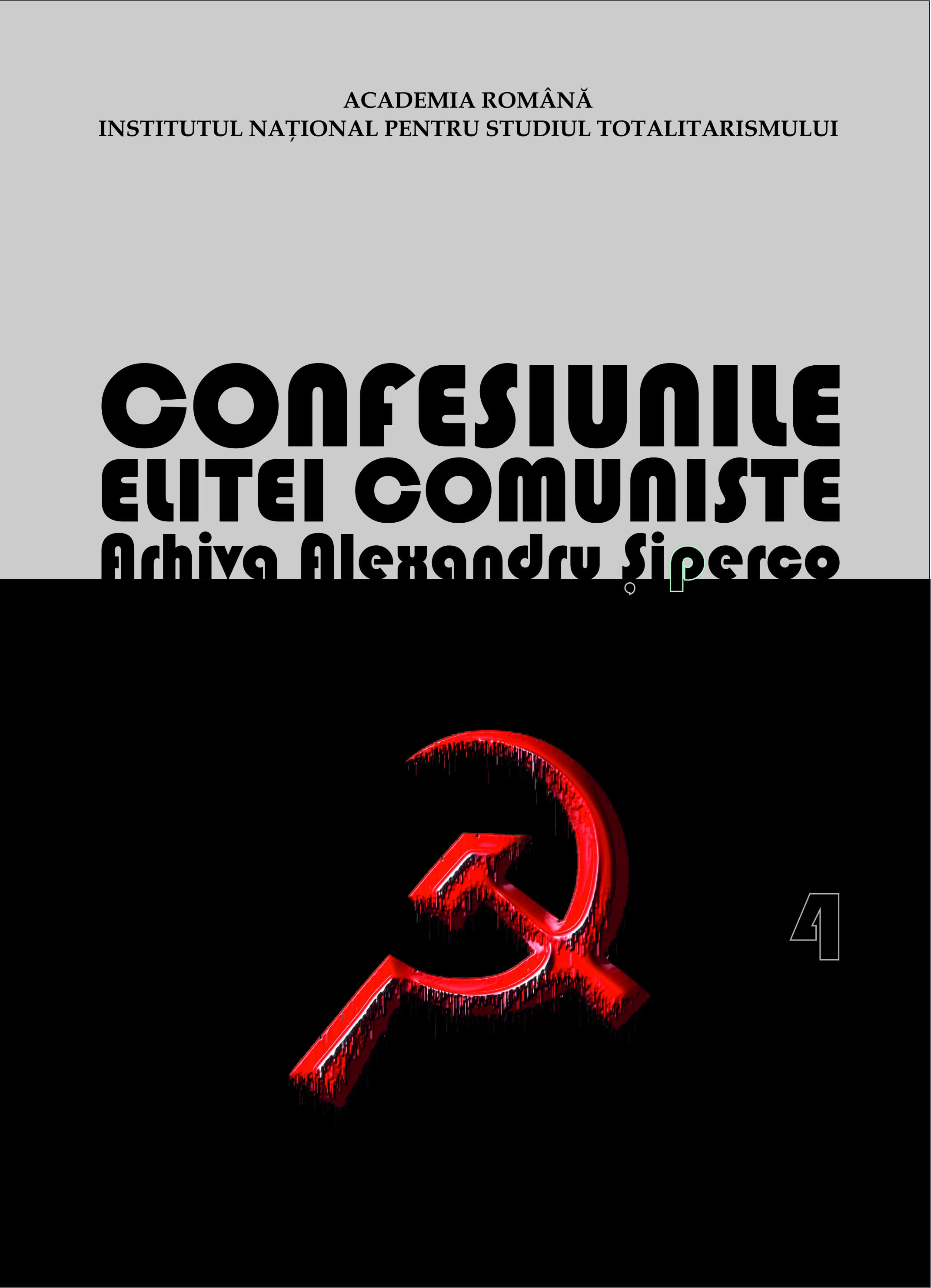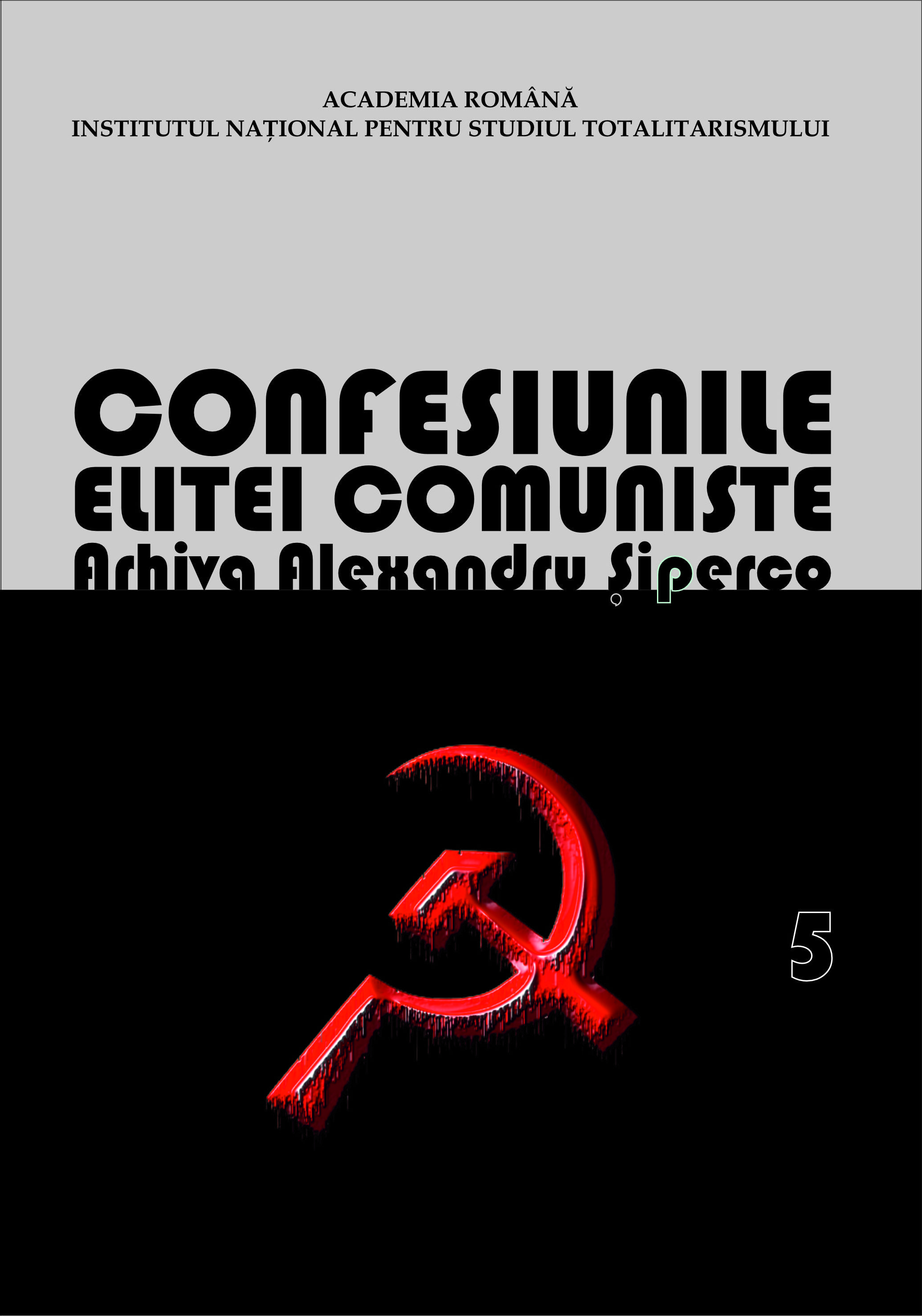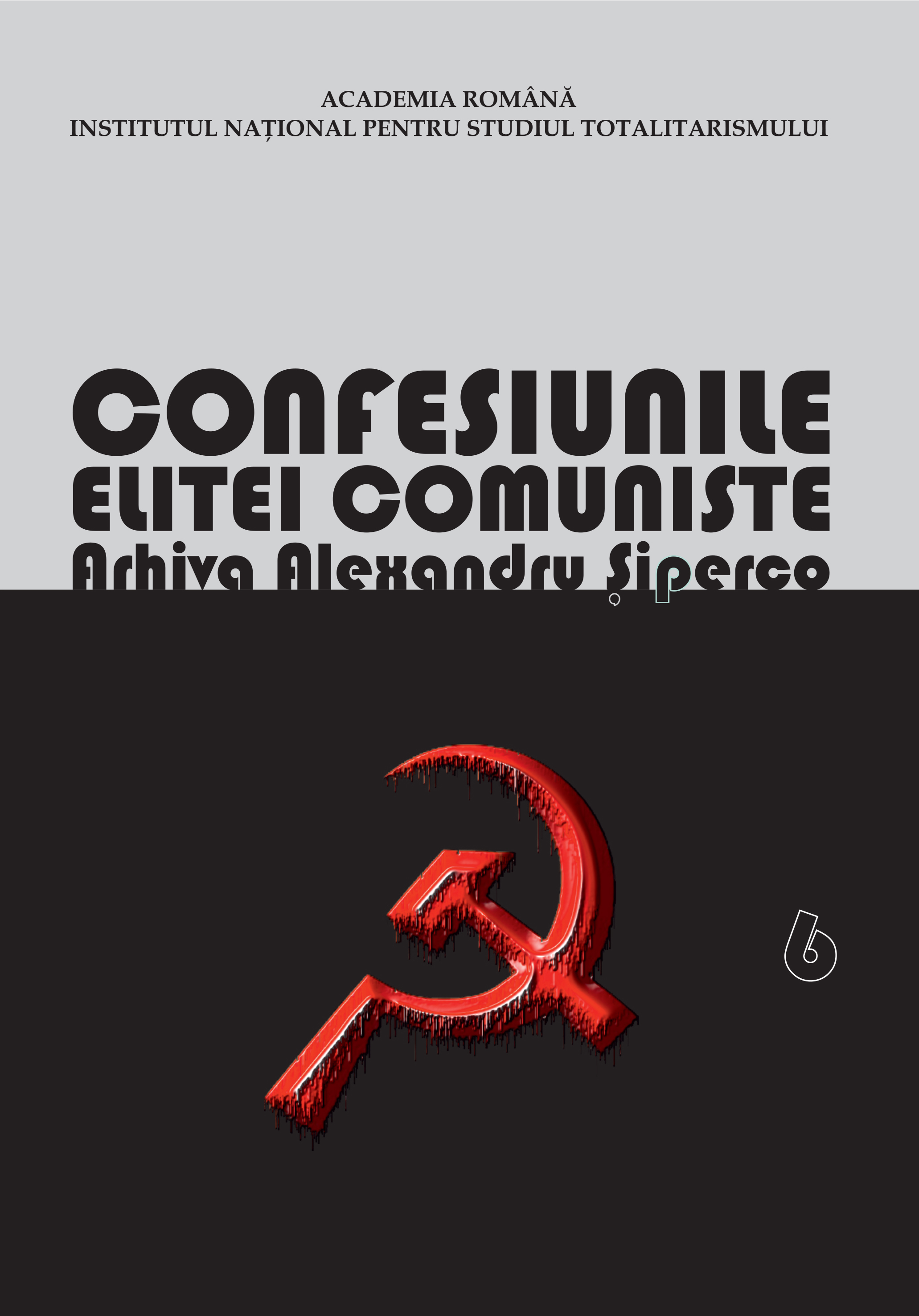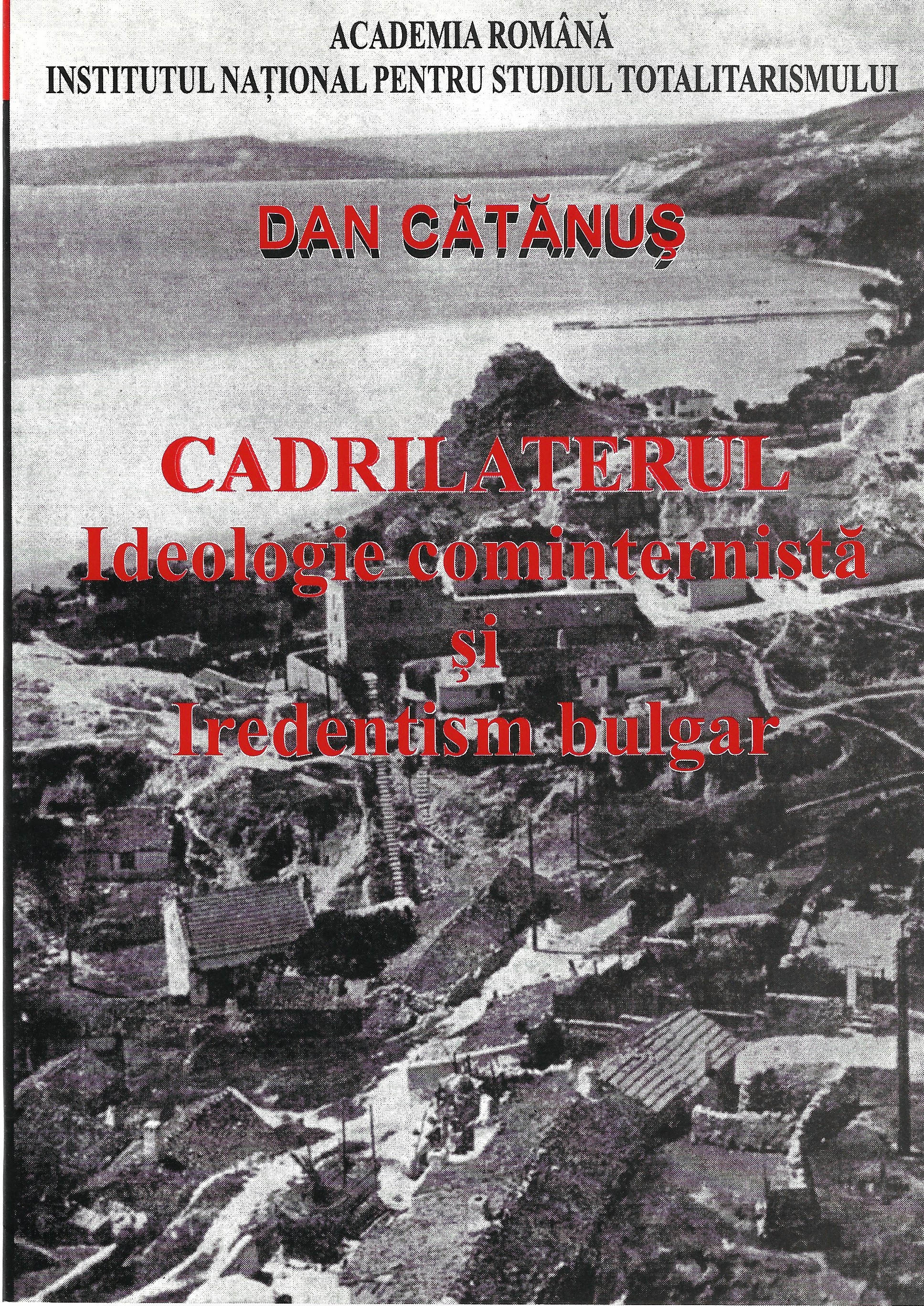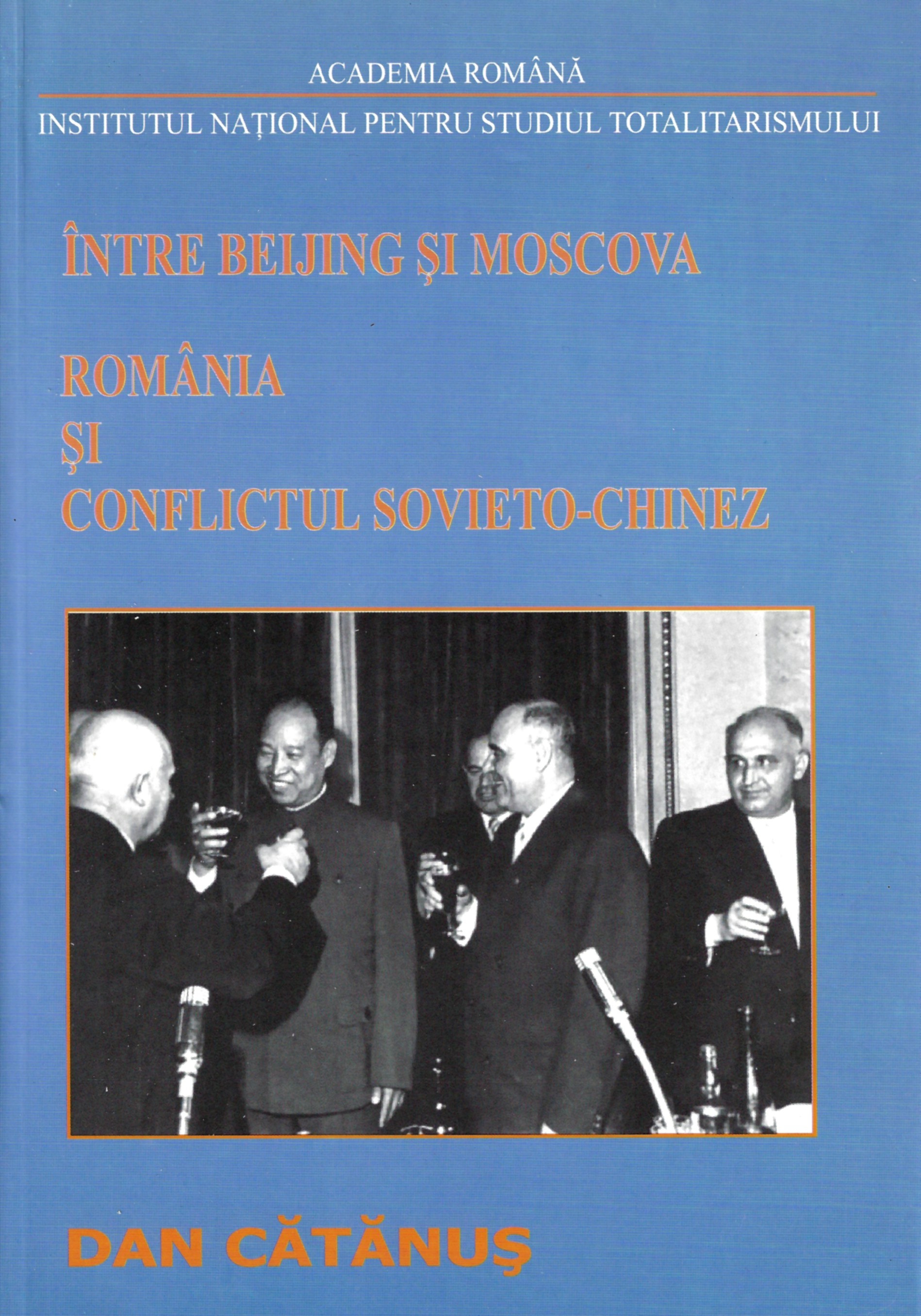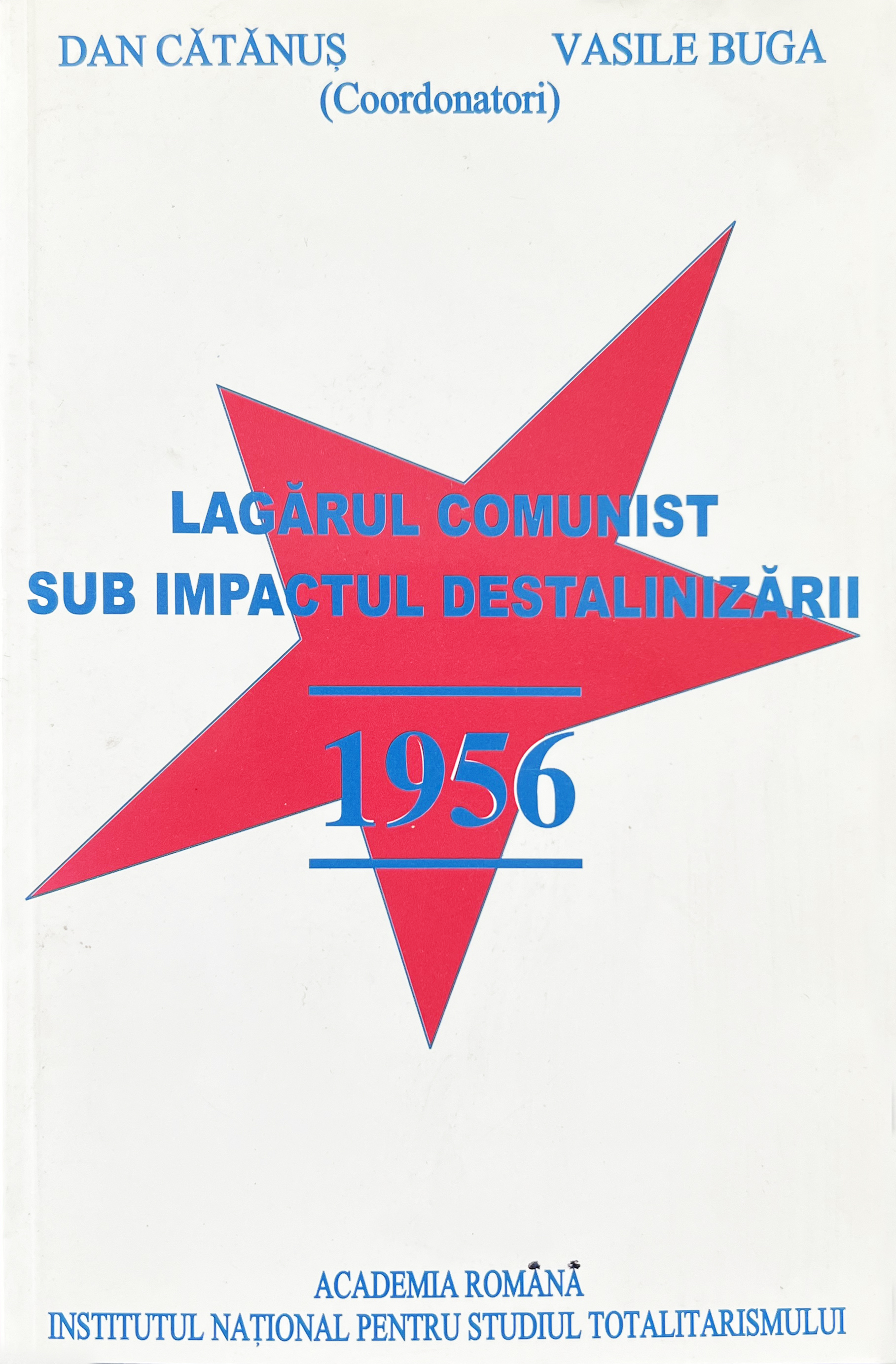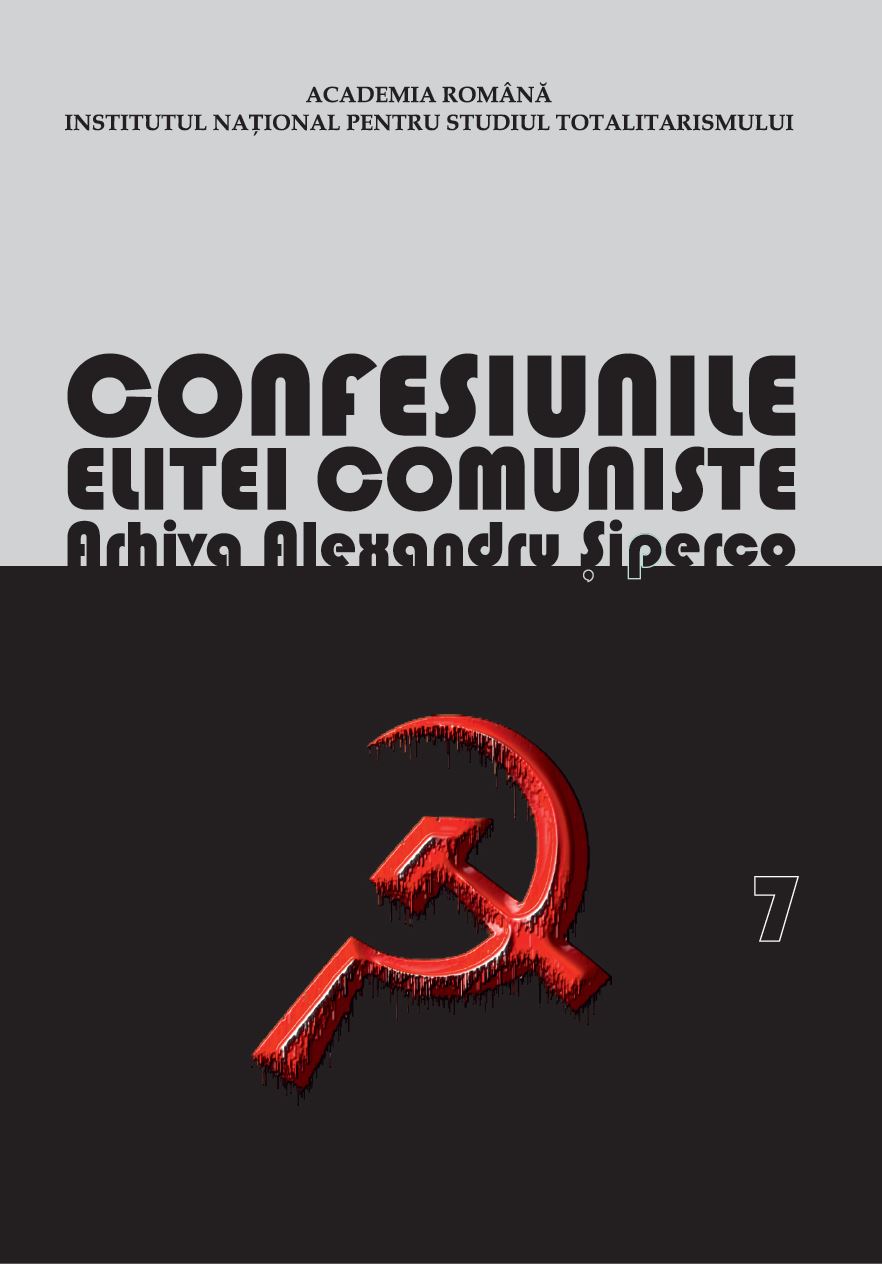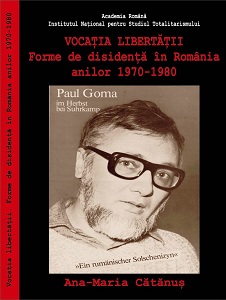
The Call to Freedom. Forms of Dissent in Romania during the 1970s and the 1980s. Forms of Dissent in Romania during the 1970s and the 1980s
Vocaţia libertăţii. Forme de disidenţă în România anilor 1970-1980. Forme de disidenţă în România anilor 1970-1980
Keywords: Dissent; Opposition; Human rights; Romania; Repression; Securitate; Political police;
From the mid-1960's dissent developed steadily in the Soviet Union and after the signing of the 1975 Helsinki Final Act also in the countries of Eastern Europe. However, this did not happen in Romania, where dissent remained only a constellation of personal histories. Why did this happen? We tried to address this by giving answers to a series of questions: what was dissent? who were the Romanian dissidents and how did they act? Which were the elements to encourage or, on the contrary, to block the development of dissent in Romania? Trying to solve this puzzle, we organized our book as a series of sequences. The first sequence conceptualizes dissent, by placing it in a geographical, political and temporal space. The second sequence presents the most representative acts of dissent in the Soviet Union and Eastern Europe in order to find the roots of this new form of opposition and to examine its dimension in different communist societies. The third sequence is devoted to Romanian dissent. Drawing from sociology we built a typology of dissent from a social and professional perspective. Therefore, we identified four types of dissent: religious, scientific, literary and ethnic. For each of these types we offerred an account of the main features of the domain in the 1970's and the 1980's and we analyzed dissent within the specific field. In addition, under the name of „party dissent” we analyzed some of the few stands against Nicolae Ceauşescu. This book presents also thorough case studies for the most important Romanian dissidents: Paul Goma, Vlad Georgescu, Father Gheorghe Calciu-Dumitreasa, Mihai Botez, Doina Cornea, and Dorin Tudoran. Finally, we thought it was important to bring forward the two factors that influenced the development and dissemination of dissent in Romania: the Secret Police (Securitatea) and Radio Free Europe. Dissent was mainly ethical. The public critique of the communist regime, denouncing its evils and abuses, was only part of the dissident activity. What proved to be more important was the fact that dissidents concentrated on building alternative ways of living under the communist rule. It was truth, honesty, competence, and respect for a different opinion that stood at the basis of their endeavor. Dissent did not overthrow the communist regime by itself. However, it planted the seeds for a free and healthier society in the post 1989 era.Volume awarded with the "Nicolae Bălcescu" Prize of the Romanian Academy, 2016.From the mid-1960's, dissent developed steadily in the Soviet Union. After the signing of the 1975 Helsinki Final Act, it flourished in the countries of East-Central Europe. However, dissent was very scarce in Romania. Why was Romania different? We tried to address this question by giving answers to a series of other questions: what was dissent? Who were the Romanian dissidents and how did they act? Which were the elements to encourage or, on the contrary, to block the development of dissent in Romania? Trying to solve this puzzle, we organised our book as a series of sequences. The first sequence conceptualises dissent, by placing it in a geographical, political and temporal space. The second sequence presents the most representative acts of dissent in the Soviet Union and Eastern Europe in order to find the roots of this new form of opposition and to examine its dimension in different communist societies. The third sequence is devoted to Romanian dissent. Drawing from sociology we built a typology of dissent from a social and professional perspective. Therefore, we identified four types of dissent: religious, scientific, literary and ethnic. For each of these types, we offered an account of the main features of the domain in the 1970's and the 1980's and we analysed dissent within the specific field. In addition, designated as „dissent within the Party” we analysed some of the few stances that several Communist Party leaders took against Nicolae Ceauşescu. This volume also draws thorough case studies for some of the most important Romanian dissidents: the writer Paul Goma, the historian Vlad Georgescu, Father Gheorghe Calciu-Dumitreasa, the mathematician and futurologist Mihai Botez, the professor Doina Cornea, and the poet Dorin Tudoran. Finally, we thought it was important to bring forward the two factors that influenced the development and dissemination of dissent in Romania: the Secret Police (Securitatea) and Radio Free Europe. Dissent was mainly ethical. The public critique of the communist regime, denouncing its evils and abuses, was only part of the dissident activity. What proved to be more important was the fact that dissidents concentrated on building alternative ways of living under the communist rule. It was truth, honesty, competence, and respect for a different opinion that stood on the basis of their endeavour. The dissent in itself did not overthrow the communist regime. However, it planted the seeds for a free and healthier society in the post-1989 era.
More...
